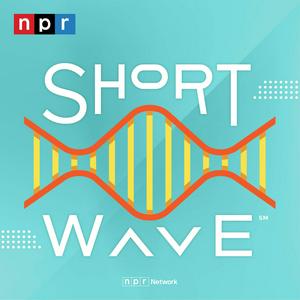Plants are blooming right now – and so are people's allergies. And if it feels like those pesky symptoms are getting worse ... you're probably right. Wednesday, a review published in the journal The Laryngoscope looked at the link between climate change and increasing rates of allergic rhinitis, or hay fever. So today, we turn back to a classic Short Wave episode from Brit Hanson and Maddie Sofia, who spoke to allergy expert Dr. Juanita Mora about some quick tips for managing seasonal allergies.Want more of the science behind your health questions? Send us an email at
[email protected]. Listen to every episode of Short Wave sponsor-free and support our work at NPR by signing up for Short Wave+ at plus.npr.org/shortwave.Learn more about sponsor message choices: podcastchoices.com/adchoicesNPR Privacy Policy
